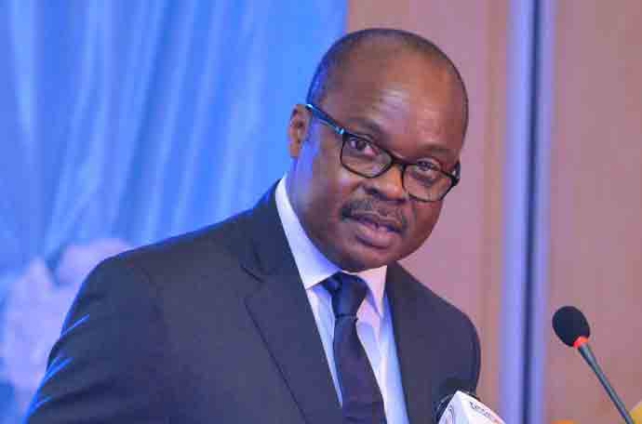The Monetary Policy Rate of the Bank of Ghana has increased its policy rate – the rate at which it lends to commercial banks – by 100 basis points to 28%.
Within a year, the rate has gone up by a staggering 13.5%
The Central Bank cited downside risks to inflation and exchange rate depreciation as the major reason. These risks have been driven by fiscal imbalances.
“In the interim, the MPC [Monetary Policy Committee] sees the need to remain vigilant and moderate liquidity in the system to underpin macroeconomic adjustments taking place to drive inflation on a
downward path. Under the circumstances, the Committee decided to increase the policy rate by 100 basis points to 28%”, the MPC chaired by the Governor of the Bank of Ghana, Dr. Ernest Addison revealed.
The Governor also said underlying inflationary pressures similarly remained elevated as the Bank’s core
inflation measure, which excludes energy and utility, accelerated to 53.2% in December 2022, from 49.7% in November.
“However, the Bank’s surveys on consumers, businesses, and the financial sector showed that inflation expectations eased in December 2022. This indicates agents’ expectations of moderation in inflationary pressures on the horizon”, he mentioned
The upward adjustment in the policy rate means cost of loans will go up further, and will consequently worsen the cost of doing business in the country.
Already, average lending rates have shot up significantly to 35.58% in December 2022, from 33.87% recorded in November 2022.
This is equivalent to 2.82% interest rate on loans per month.
According to the January 2023 Summary of Economic and Financial Data, average lending rates have been increasing sharply since a year ago.
In actual fact, it has gone up by 15.42% since January 2022.
Source: JoyBusiness

